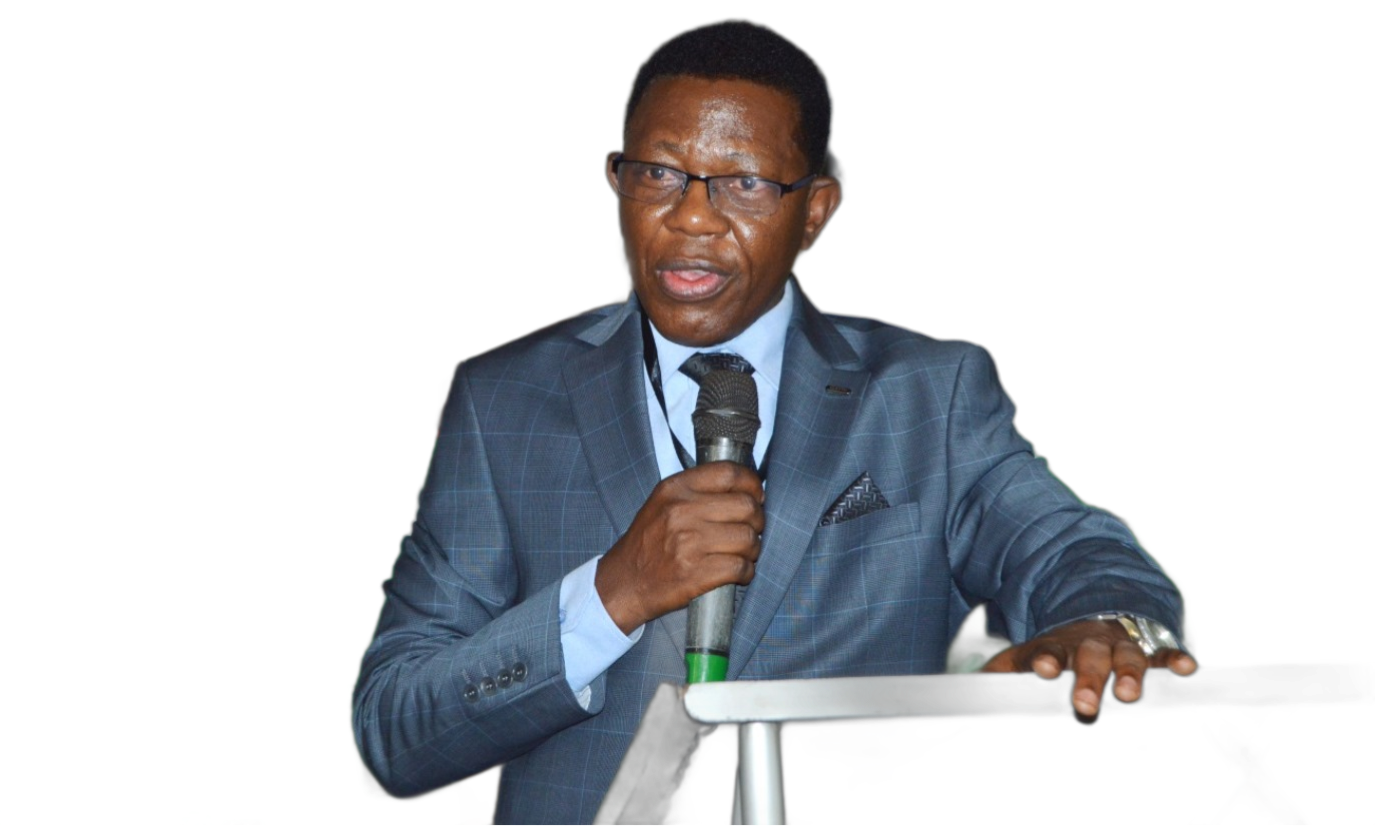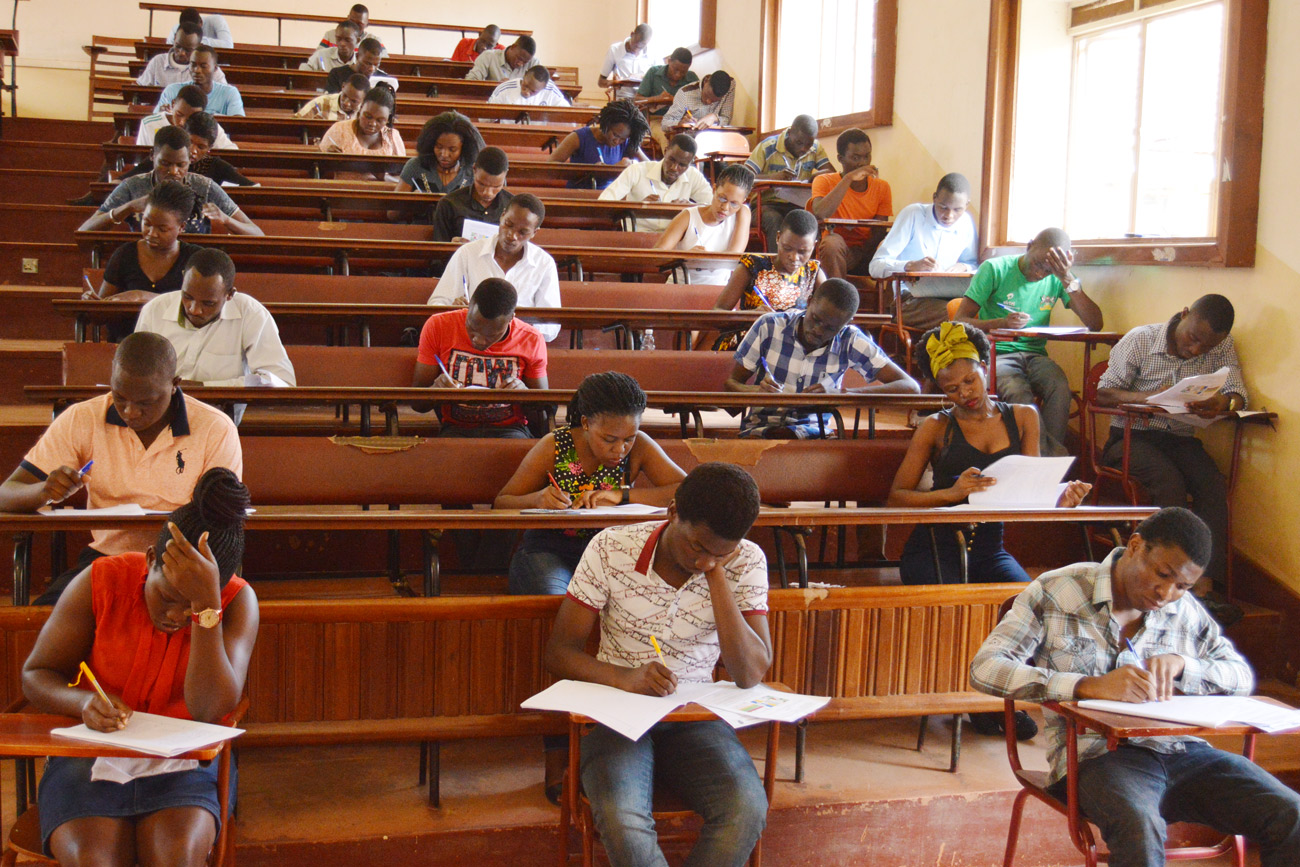The MAK-NUFU Folklore Project has since 2008 held an annual seminar/symposium on on-going research. These seminars have been instrumental in motivating researchers to publish their works. The outcome of the first workshop has already been published in a book, Performing Community that was launched early last year.
The MAK-NUFU Folklore Project has since 2008 held an annual seminar/symposium on on-going research. These seminars have been instrumental in motivating researchers to publish their works. The outcome of the first workshop has already been published in a book, Performing Community that was launched early last year.
As such, the Third Seminary that brought together folklore researchers and performers from the various genre of oral performance was held from 23rd – 24th January 2010 in the Women and Gender Studies  Conference Hall, Makerere University. The Vice-Chancellor was represented by the newly-elected Dean, Faculty of Arts, Associate Prof. Byaruhanga Rukooko.
Conference Hall, Makerere University. The Vice-Chancellor was represented by the newly-elected Dean, Faculty of Arts, Associate Prof. Byaruhanga Rukooko.
The first session kicked off with a paper presented by Dr. Okello-Ogwang; Popular Song: Reinventing Tradition versus Traditionalizing Modernity. This was shortly followed by presentation by Ms. Lillian Bukaayi titled The ogre in Soga folk narratives and its manifestations among human beings in today’s Soga society. This paper sought to examine the resemblance of the ogre in folk narratives to its manifestations through human monstrous acts in society today, especially those targeted at helpless women and children. Some of the issues raised during this session examined the role of Technology in the conservation of culture, which although admitted that modern technology was playing an active role in conserving culture, it was also as easily undermining efforts to protect Intellectual Property Rights of the authors and artists.
Ms. Namayanja Saidah in her paper Myth or Legend; an analysis of the Ganda and Gishu Origin stories, which seeks to classify these stories as either myths or legends depending on the strength in characteristic of genre in relation to the stories then kicked off the second session. The presenter couldn’t help but notice that the fantastical nature of these stories in addition to the mystical and supernatural events surrounding them would mostly make them myths. This is not helped by the fact that often, fantasy is more of a creative process of telling these stories.
Riddling as a popular form: The interplay between structure, audience and context was the next paper presented by Cornelius Wambi Gulere. He observes that with riddling as a popular form of art, social order is often reversed and ordinary people sometimes without social status, take centre stage to instruct and delight groups and communities. With riddling, audience members are motivated by being able to contribute freely to the unraveling without being shunned, as almost everyone is involved during the un-riddling.

Ms. Emily Drani from the Cross-Cultural Foundation of Uganda (CCFU) then made her presentation. CCFU is a non-governmental organization focused on practically appreciating Uganda’s heritage by examining how our presentations or findings during seminars such as this one apply to our daily lives. Areas that CCFU is engaged in include; Culture and Development, where research and documentation is carried out of cases, where culture has made a positive contribution to society; Managing Diversity, which tries to appreciate that we are unique as the different tribes of Uganda and examines how each of us can contribute to forge a common identity as Ugandans without discrimination, and Heritage, which takes note of how we appreciate and preserve our heritage of what we collectively own as Ugandans.
The afternoon played host to the third session of the seminar, where Dr. Okot Benge presented his paper on Justice and Confilict resolution in Acoli Oral Literature. He noted that as a musical people, the Acoli often expressed themselves in song, whatever the circumstance, be it war, merry making, celebrating childbirth, mourning, storytelling.
Sr. Dominic Dipio then presented her paper on Traditional Leadership Wisdons and their Contemporary Parallels: An Example of the Madi of Uganda, which is a follow-up of her earlier paper on morals of traditional leadership. The research intends to focus on a number of key paramount chiefs, who were popular leaders of their time and what made them popular. The Madi practiced leadership in a decentralized egalitarian community, where the Opi (Chief) was often referred to by reverent names such as Ajugo (Owner of the Spear), albeit approachable by any member of the society for purposes of mediation of conflicts.
Humanities for a Social Purpose: Reflections on the Potential Role of African Oral Literature in Fighting HIV/AIDS was the next paper presented by Mr. Danson Kahyana. The paper argues that the curriculum and pedagogy of humanities in African Universities need to be revisited so that these subjects serve a social purpose rather than being taught for the sake of merely passing on theoretical knowledge.
Dr. Susan Kiguli opened session four of day two with her paper on Exploring the Music: Audience Perspectives on the Music Festival Phenomenon in Buganda. This third phase of the research will examine audience perspectives on the Central Broadcasting Service (CBS) Music festivals which were held twice annually until the government closure of the radio station in September, 2009. This work is a continuation of previous research on musical festivals as major commemorative events that promote and celebrate cultural identity among the Baganda. The research will focus on how audiences perceive and respond to the festivals as cultural events and the impact of their responses to appreciation of song.
As one delves deeper into proverbs as the repository of indigenous knowledge, it becomes clear that in order for one to fully appreciate the wisdom behind proverbs, one needs to understand the contexts within which some of them come into existence, or within which they are embedded. In this part of his research, Dr. Khamalwa Wotsuna in his paper The “Embeddedness” of Proverbs in Folktales focused on the collection of these folktales as a sequel and a necessary nexus to the proverbs, and discussion of their deeper and remote meanings with key informants.
The screening of Folklore in Animation film consisted the fifth session of seminar day-two. In a title “IT IS THE LAW” written by Sr. Dominic Dipio based on an Acholi folktale, participants were left both mesmerized and appreciative that efforts to conserve folklore had now integrated the avenue of digital animation.
As the seminar drew to a finale, Dr Lene Johannessen led participants in a discussion on the way forward, which emphasized the need for a project website to showcase all the findings of the project along with all  papers presented thus far. The project will conclude with an International Conference to be held at Makerere University.
papers presented thus far. The project will conclude with an International Conference to be held at Makerere University.
In his remarks, the Chief Guest, Prof. Oswald Ndoleriire thanked The Department of Literature staff and Sr. Dipio in particular for their incessant efforts in producing and promoting oral literature, films, productions and papers aimed at promoting Ugandan folklore. He also thanked Dr. Lene, all her efforts towards the success of the project. He then proceeded to officially launch the book titled Performing Change: Identity, Ownership and Tradition in Ugandan Oral Culture, the second collection of essays produced by scholars from Makerere University, as part of a continuing research project with the University of Bergen.
Click here to view detailed Abstracts
Click here to view full CCFU presentation
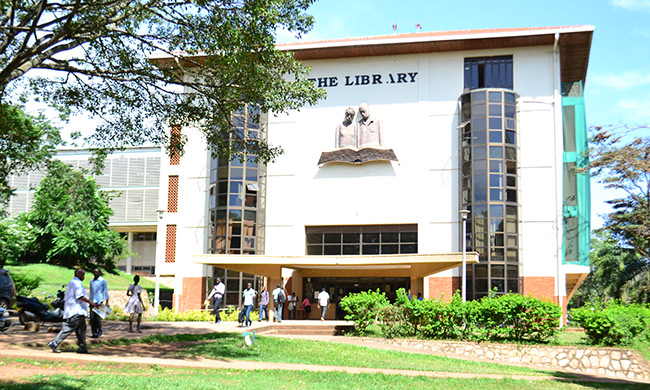
 General1 week ago
General1 week ago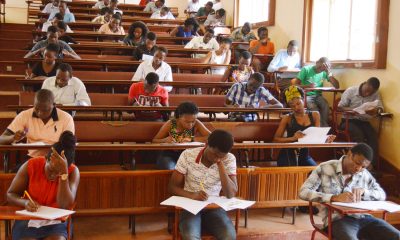
 General1 week ago
General1 week ago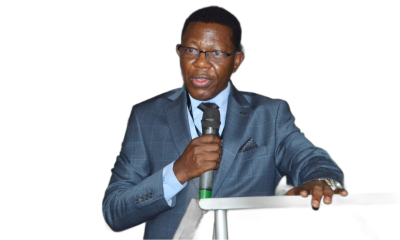
 General5 days ago
General5 days ago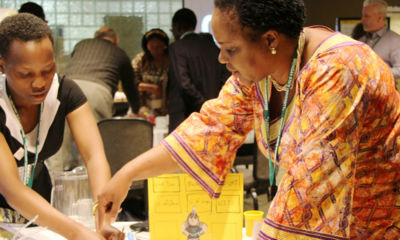
 General1 week ago
General1 week ago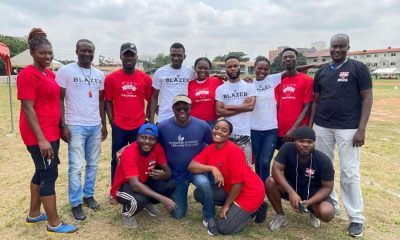
 General1 week ago
General1 week ago
